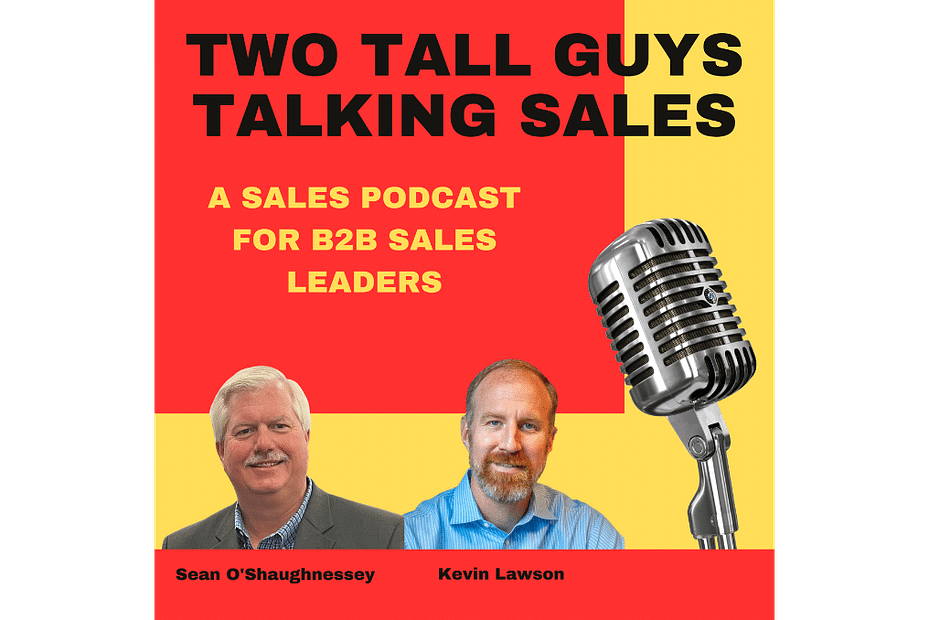Mid-Year Excellence: Four Strategic Moves Every Sales Leader Must Make
The second half of the year represents your greatest opportunity to accelerate past the competition. While other teams coast on first-half wins or scramble to recover from losses, top-performing sales leaders recognize mid-year as a strategic inflection point that can define their entire year.
The evidence is clear: teams that execute disciplined mid-year reviews consistently outperform their peers in achieving annual targets. This isn’t a coincidence; it’s the result of deliberate strategic moves that separate elite performers from the pack.
Set Crystal-Clear Expectations
Ambiguity is the silent killer of sales performance. Your team doesn’t need motivation speeches; they need laser-focused clarity on what success looks like and how to achieve it. This means defining specific revenue targets for the second half, establishing activity metrics that directly drive results, clarifying account priorities and resource allocation, and documenting success definitions for each team member.
The most effective sales leaders schedule one-on-one meetings immediately to document exactly what success looks like for each rep. They don’t leave anything to interpretation, and they track progress relentlessly. When expectations are crystal clear, performance tends to follow predictably.
Reassess Customer Potential with Fresh Eyes
One of the most costly mistakes sales teams make is evaluating accounts based solely on past performance. Markets shift, companies grow, and buying committees evolve. Yesterday’s underperformers could become tomorrow’s breakthrough accounts, but only if you’re paying attention to the signals.
Read the rest of the article…




